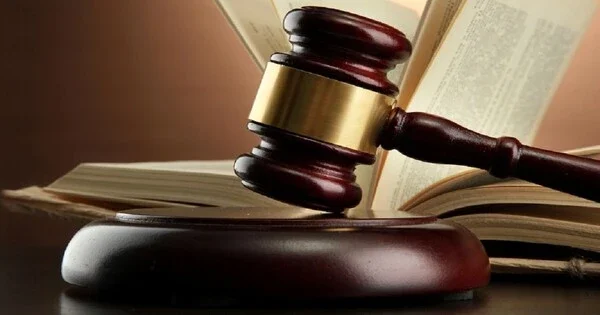Key Bible Passage(s):
Rom.13:1-7; Acts 4-5 & 26; I Peter.2:13-14
Tier 1:
As a Church, we have to think through how and when to use the privileges and rights we have in law as citizens of our country. In the Bible we see Christians familiar with legal matters and who are able to employ the law not to protect themselves, but to protect the Church and the cause of the Gospel.
Tier 2:
Knowing what the Law says, and availing ourselves of its’ ability to protect the Church and the work of the Gospel is a different question to that of our obligation to keep the Law uncritically! Although the Scriptures teach us to be subject to governing authoirtes as instituted by God, there are times when as Christians we may feel we have to conscientiously break the Law because we are first and foremost citizens of the Kingdom of God.
Tier 3:
The Bible teaches that when we are interviewed or interrogated by the police or religious authorities, we are not to be concerned so much with vindicating ourselves as with vindication and proclaiming Christ. Having looked at Biblical pattersnf or this approach, this session gives us a chance to familiarise ourselves with the interview and interrogation process in the UK, and to begin to reflec ton how we might follow the example of Jesus, the prophets and the apostles, by making a ‘good confession’.
Princes, kings, and other rulers of the world have used all their strength and cunning against the Church, yet it continues to endure and hold its own.
John Foxe
Group Discussions:
following on from our invitation week,
What came out of your conversations last week?
And particularly, what were your thoughts around the question: How does the prospect of [it getting harder to be a Christian in the UK] impact how the Church might pray for and prepare (and where appropriate, parent / grandparent) children and young people? How should this affect children’s and youth work?
Did you read Premier Christianity’s Article: Are Christians in the UK being persecuted?
What did you make of it? Did you agree with the article’s conclusions?
What questions did it raise about Christians being able to contribute to society in certain roles (magistrate, registrar etc.)?
What did you make of the statement that: ‘If a nation requires its citizens to “self-censor” while in public office, it sends a “chilling” message to all Christians’?
and later in the session:
Read Rom.13:1-7
Based on this passage, how can any Christian justify knowingly breaking the Law? Won’t they be ‘bring judgment on themselves’?
How can Paul say that authorities are established by God as His servants, when those authorities include Nero... and every other dictator and tyrant in history?
Isn’t Paul just being naïve about authorities in v.3?
Does Paul follow his own teaching? Can you think of a time when he disobeyed authorities?
How does Paul respond to wrongful arrest and unjust imprisonment (see e.g. Acts 16:22f.)? Does this undermine the work of Christian Institute and Christian Concern for our Nation?
Homework:
Visit the Open Doors website and do something from the ‘Get Involved’ drop down menu
…and watch this short series of videos, Among the Ashes, exploring themes of lament and loss as part of Christian experience.



